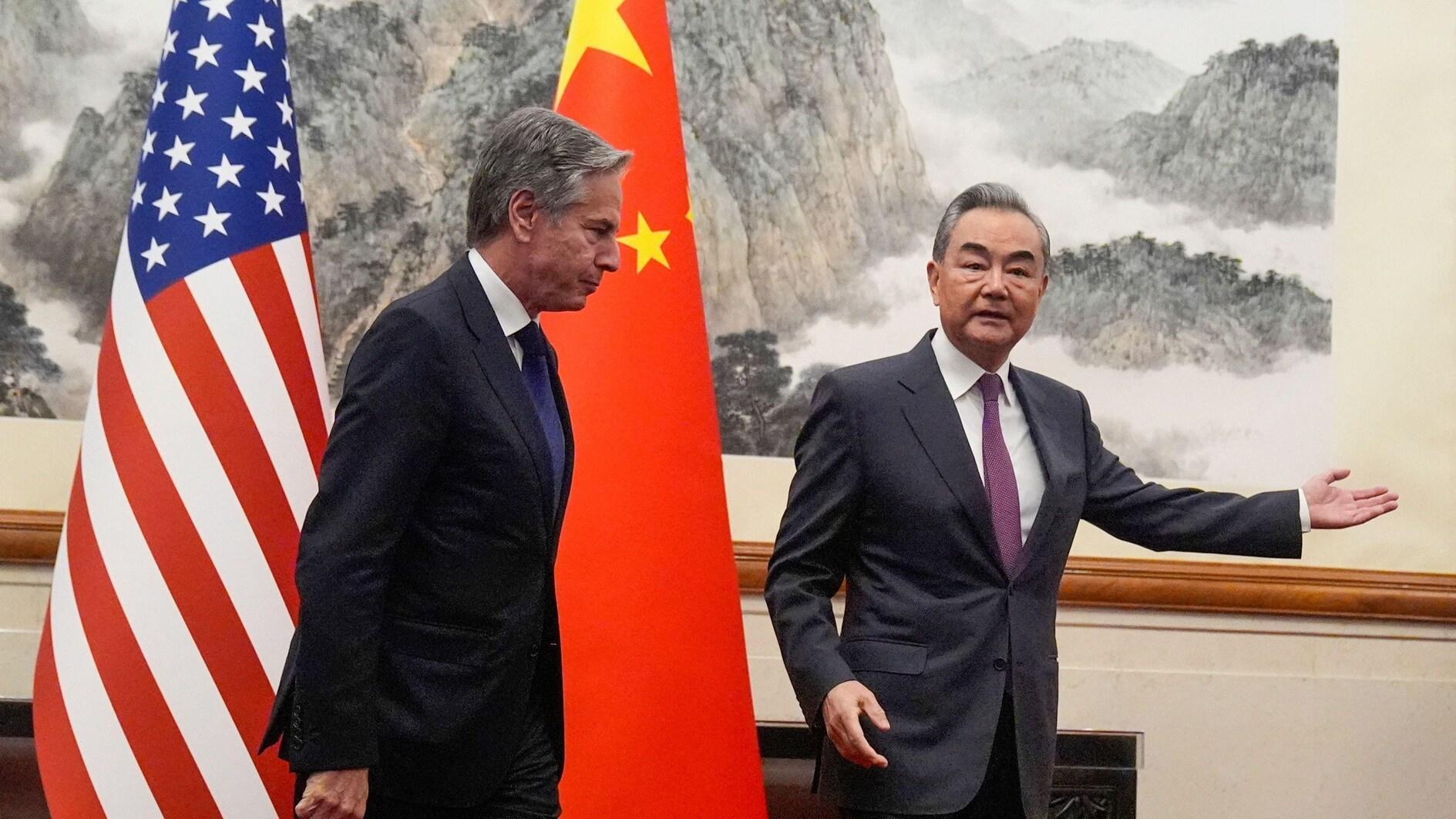Islamist parties look to the AKP
Semih İdiz
There was a time in the not so distant past when any reference to Turkey as a “moderate Islamic country” would anger Turkish secularists to no end. Former U.S. Secretary of State Colin Powell discovered this to his regret after he used this characterization, ostensibly as a compliment.The notion that Turkey is a “moderate Islamic country” still grates on secularist nerves. “Turkey is a secular country with a predominantly Muslim population” is the general response to any suggestion that the Turkish state is Islamist. But circumstances have changed since the Arab Spring broke out.
Turkey today is expected to provide a positive example for nascent democracies in the Middle East. We also have a prime minister whose Western detractors like to see as a “radical fundamentalist at heart,” but who is now underlining the importance of secularism for the region.
The fact is the outlook of Turkey’s “Islamist government” is being shaped today by unexpected external events, not by a “hidden Islamic agenda” as some assume. The interesting thing, however, is that the notion that Turkey is a “moderate Islamic country” has come around full circle in terms of the political identity of the ruling Justice and Development Party (AKP).
Talking to the foreign media after his Islamist Ennahda party won 40 percent of the votes in the recent Tunisian elections, the party’s leader Rachid Ghannouchi was quick in trying to dispel any notion that they were aiming to turn the country into an Islamic Republic.
His standard response to those in the West who worry about Ennahda is that they should be seen as the AKP in Turkey is seen, with its democratic political approach and liberal agenda as far as economic policy is concerned. It is clear that Ghannouchi’s message was also directed to the domestic public, since getting 40 percent of the vote means that 60 percent still exists who did not vote for Ennahda.
In the meantime an Islamic cleric who is said to be one of the leaders of the rising Islamist movement in Libya told the Daily Telegraph in an interview published Thursday that they were aiming to establish a political party that is also based on the AKP model.
Ali al-Sallabi indicated that his movement supported basing Libya’s constitution on Shariah, but that “it would be moderate and pursue democratic politics on the model of similar parties in Turkey and Tunisia.” Tellingly, the new party is to be called “The National Gathering for Freedom, Justice and Development.”
While these parties have yet to reveal their true colors, of course, the remarks of their leaders thus far have added weight not just to the “AKP model,” but have also shown Turkey, where “moderate Islam” is considered to be current, as an increasing source of inspiration for budding democracies in predominantly Islamic countries.
Much to the chagrin of secularists it seems in hindsight that Colin Powell was not too much off the mark, even though his was more guesswork and wishful thinking than anything else at the time, since he could not have foreseen the Arab Spring.
Today, however, we face a factual situation where Islamists in key Arab countries are free to operate after years of oppression and suppression. It is a good sign, therefore, that emerging Islamist parties spawned by the Arab Spring should be looking to Turkey – and the AKP in particular – in trying to plot a course that is in keeping with the times.











